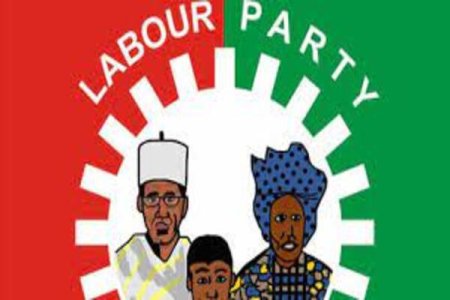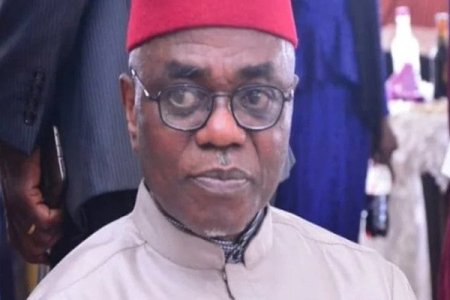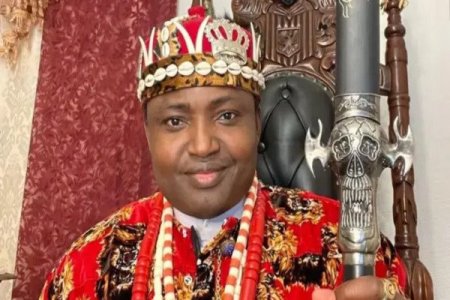
Labour Party accuses the Nigeria Labour Congress of colluding with the government to undermine the opposition and Peter Obi's 2027 presidential bid. LP reaffirms Julius Abure as chairman and criticizes NLC for neglecting workers' interests. The conflict highlights tensions in Nigeria's political landscape ahead of the 2027 elections.
The Labour Party (LP) has leveled serious accusations against the Nigeria Labour Congress (NLC), claiming that the labor union is collaborating with the Federal Government to undermine the opposition and tarnish the image of Peter Obi, the party's presumptive 2027 presidential candidate. This allegation comes in response to a statement made by the NLC's National Transition Committee (NTC).
Marcel Ngogbehei, Director General of LP's Directorate on Mobilization and Integration, voiced these concerns, asserting that the NLC NTC's actions appear to be aligned with government efforts to weaken opposition structures in Nigeria. The LP also refuted claims that Julius Abure was no longer the party's national chairman, insisting that Abure remains the legitimate leader recognized by the Independent National Electoral Commission (INEC) and the party's highest decision-making body.
The Labour Party urged the NLC NTC to respect the reconciliation efforts initiated by Peter Obi or pursue legal channels if they have grievances. They criticized the labor union for meddling in political party affairs instead of focusing on protecting workers' interests during challenging economic times.
This conflict highlights a growing rift between the Labour Party and the NLC, traditionally seen as allies in Nigerian politics. The LP accused the NLC of neglecting its primary role of engaging the government on behalf of workers and citizens, comparing the current leadership unfavorably to the "courageous leadership" of former NLC president Adams Oshiomhole.
As Nigeria grapples with economic hardships and political tensions ahead of the 2027 elections, this dispute between the Labour Party and the NLC could have significant implications for the opposition's unity and effectiveness in challenging the ruling party. The situation underscores the complex relationships between political parties, labor unions, and the government in Nigeria's evolving democratic landscape.



![[VIDEO] Mrs. Rita Lori Ogbebor Speaks Out Against Wike’s Land Revocation in Abuja](/data/attachments/211/211404-a400a2e81c27adeaef611b4d00f4dd0d.jpg?hash=s1cbV1GKAD)

